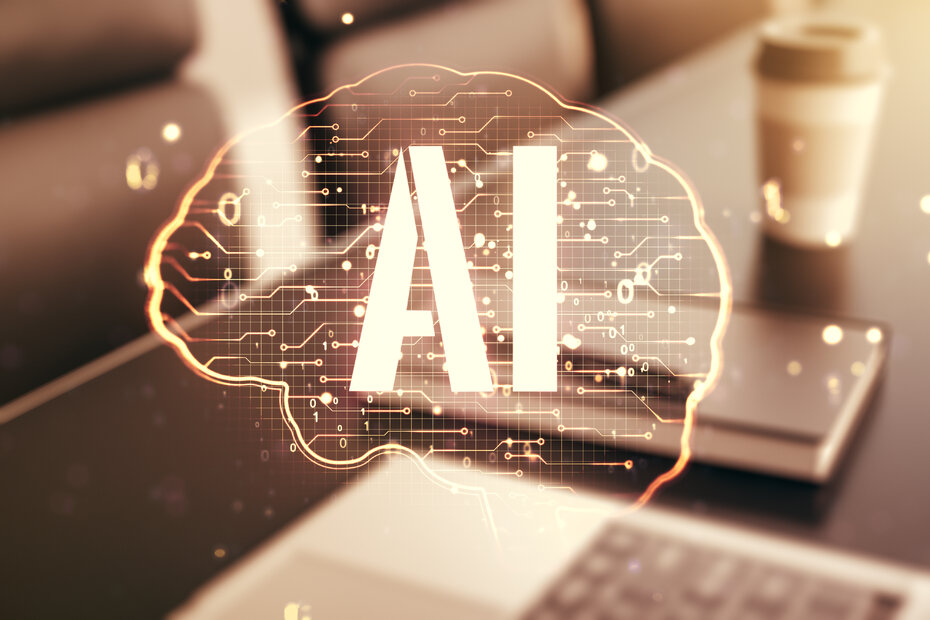The impact of artificial intelligence on creations and the regulation of copyright
The impact of artificial intelligence on creations and copyright regulation
Artificial intelligence can be understood, in short, as a creation of the area of computer science that has been revolutionizing technology. Through scientific data, it is able to improve tasks that, a few decades ago, concerned only human activity.
In the context of artificial intelligence, generative intelligence has developed, which not only enhances and simulates human capabilities, but also creates several content species from mainly databases and information taken from algorithm systems. Generative artificial intelligence is designed to create content in the form of images, texts, audios, data and numerous others, using the so-called “generative adversary networks”.
The popular "chatgpt", a recent creation in the field of artificial intelligence, initially caused admiration to its millions of users, given the development capacity demonstrated by the program. However, the invention has also become the target of discussions in the legal environment, especially considering that the regulation necessary to guarantee rights and curb of abuse does not accompany the dynamics of artificial intelligence at the same speed as it develops.
It is known that generative artificial intelligence creates content from existing data and interactions with users, often more agile than human activity, considering the use of existing data on certain subject. It turns out that the growing use of the tool began to raise questions in the sense of who would be the authorship and ownership of the contents created and how it would be possible to regulate the use of this and other technological tools.
Law 9.610/1998, responsible for regulating copyright, provides, in its art. 11, which author is the individual creator of literary, artistic or scientific work, and the protection granted to the plaintiff may apply to legal entities in the cases provided for in the legislation. That is, so far, Brazilian law does not allude, regarding regulation regarding copyright, artificial intelligence types.
There are currents that maintain that human participation would be essential in the creation of content generated by artificial intelligences and, therefore, the authorship of the user responsible for the institution of such intelligence could be attributed. This is because an individual would need to have generated prior content or prior database so that artificial intelligence could generate something labeled as new. On the other hand, there are those who maintain that the contents created through this technology could not have the application of the copyright law, as they are generated by automated commands and, under the law, the work necessarily needs to be the result of human creativity. .
However, there are already bills in the Federal Senate. PL 21/2020 (Legal Framework of Artificial Intelligence) is the best known and developed in relation to the theme, and has been under analysis by the Senate since February this year. Its main objective is to call the fundamentals, principles and guidelines for the development and application of artificial intelligence in Brazil.
In addition, on April 17 this year, the Center for Judicial Studies of the Federal Justice Council and the Superior Court of Justice promoted, in Brasilia/DF, the seminar “The Construction of the Regulatory Framework From Artificial Intelligence in Brazil ”, which had several debates on technological innovation, bringing together members of the judiciary, agents of the technoscientific innovation industry and others involved. The event reflects the importance of increasing discussions on the theme and the relevance of legal aspects inserted therein.

